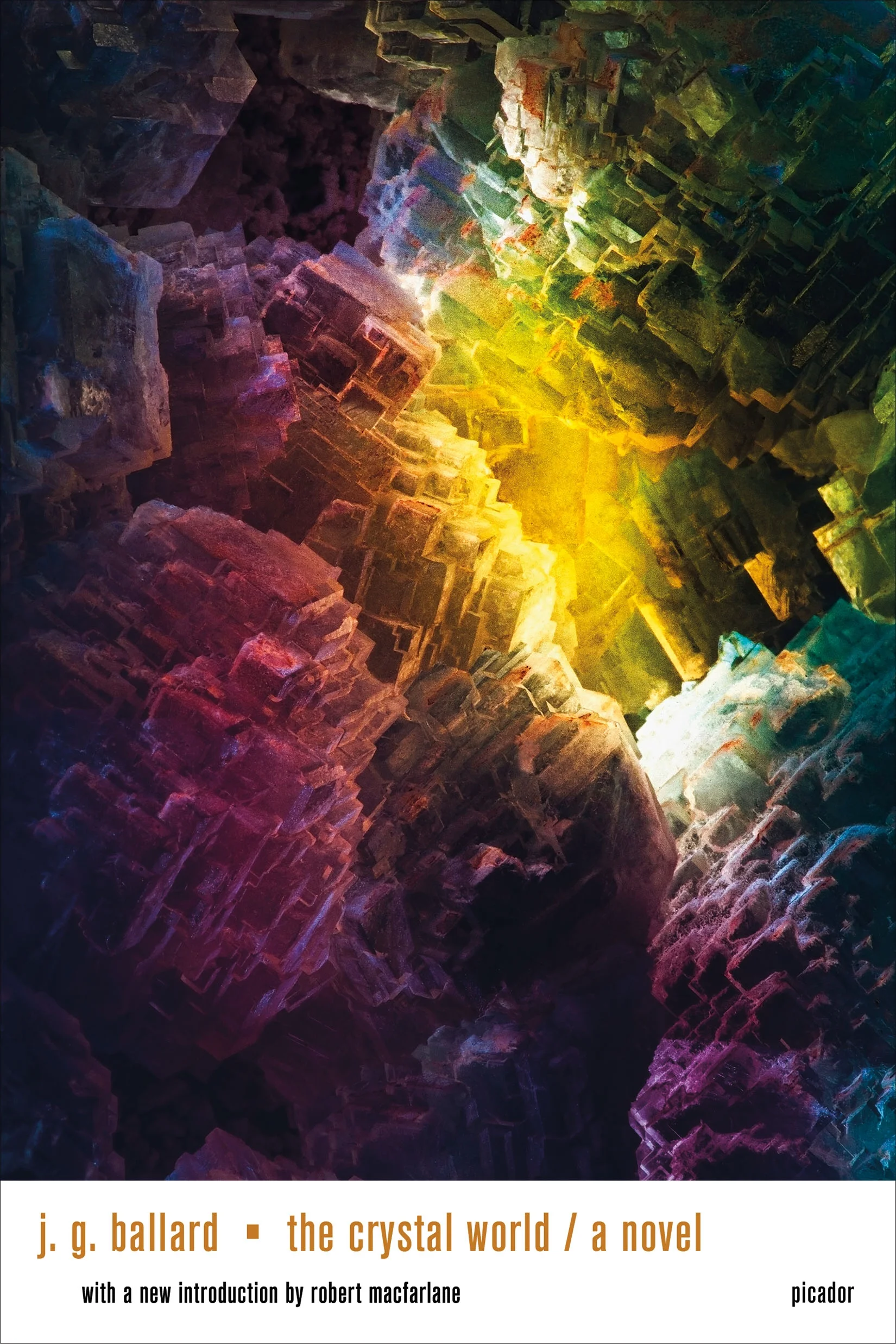Book Review : J.G Ballard - Kingdom Come (2006)
No one’s ever known what to make of author J.G Ballard. Is he writing science fiction? Is he a literary writer? Is he some kind of omniscient in-between? No one’s ever had a satisfying answer. But he was really great at what he did: making us feel uncomfortable about reality in various, creative ways. One of his underdiscussed works of mindfuckery is his very last novel Kingdom Come. There are reasons for that, but most of them are wrong.
The world changed a lot since this novel came out and it’s not Ballard’s fault that he died before it all happened.
Kingdom Come tells the story of an unemployed advertising executive named Richard Pearson, who travels to a Heathrow suburb after the murder of his father. The old man was gunned down by a psychiatric patient at the Metro Centre, a nearby shopping mall at the center of the quiet community. Investigating the circumstances of his dad’s death, Richard stumbles upon a brutal conflict between apostles of consumerism and their enemies.
The End of Capitalism
Theologian Walter Wink claimed in his book The Powers that Be that human beings have never stopped worshipping. They’ve just invested that powerful, ancient instinct into secular icons. Wink names skyscrapers to illustrate his point, but J.G Ballard explores the attraction of shopping malls as temples of worship in Kingdom Come. It might sound hilariously dated because malls are half-deserted today, but I assure you it made total sense in 2006.
Ballard (who was close to his death) basically tried to imagine the end of capitalism in this novel. A world where consumerism wasn’t based on seduction anymore, but a sense of duty. What would a world like this look like? Well, Ballard’s thesis is that if consumerism gets politicized, the world is going to revert exactly to what it was before capitalism: a mindless bundle of war, violence and killing. Typical Ballard stuff? One could say it’s not that far from the plot of his classic High-Rise.
The suburban underworld of Kingdom Come is split into factions that advocate consumerism, sports teams, nationalism, etc. Everything is politicized and everyone wages war to one another, which quickly takes over Richard Pearson’s life. By that, Ballard is basically saying that despite technical and industrial sophistication, we have evolved merely on the surface. We are not enlightened. We’re still tribal savages at heart.
Typical Ballard stuff!
The metaphor is wrong, the message is right
Of course, if you’re under 30 it must sound completely bonkers to you. Retail shopping has almost entirely migrated online and the majority of malls have become weird, desolate havens for vaporwave artists over the last decade. Also, the commodification of political opinion through social media and not the politicization of commodities is causing society to deteriorate. That one, Ballard got wrong. But he was still in the right theoretical mindframe.
Shopping malls might be a dying institution, but the ideas and feelings that tied up to them are still alive and well today. Our identity is still connected to brands. Artists and public personalities themselves are commodifying their online presence. We all congregate in the same place to argue with one another. Shopping malls are dying, but the secular temple Walter Wink was talking about is still erect.
*
So yeah, Kingdom Come is somewhat goofy and colorful compared to J.G Ballard’s more classic stuff, but the idea of modernization just being makeup on our vicious, tribal nature is valid and explored in his trademark vicious, byzantine way here. Kingdom Come might’ve aged less gracefully than other Ballard novels, but it still delivers a mean dose of the social self-examination we all loved him for. The old man still had it. Even in his very own get-off-my-lawn moment.






